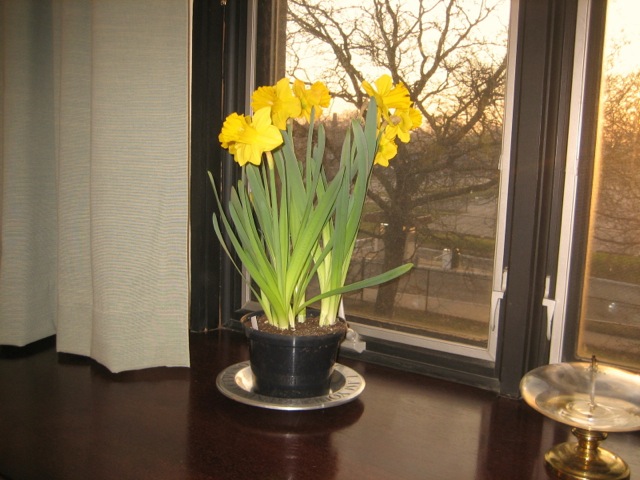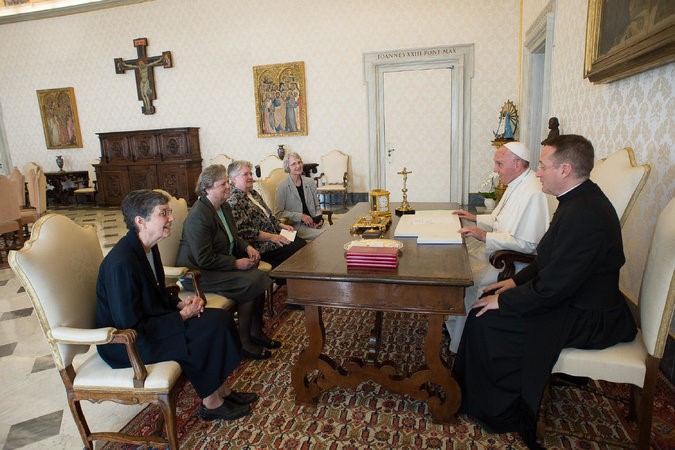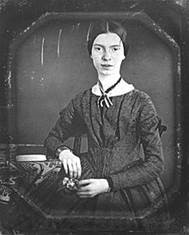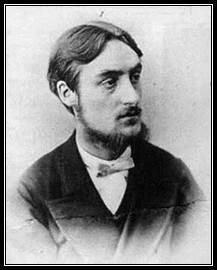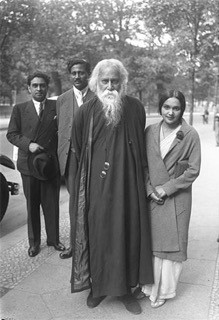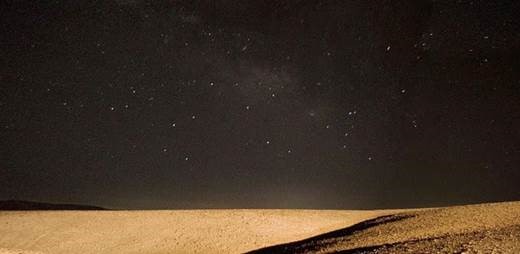Friday, May 1, 2015 — time for a little rest
I posted this poem one year of Fridays ago, May 2, 2014. Bet I am not the only one tired; and glad to see Friday. A weekend after even campus parking lots get a rest from the press and hustle of student traffic.
I love Tagore, never seem to grow tired of what his poems work in my heart and body and mind.
Read him aloud and breathe a little. Blessings for this weekend.
john sj
Today’s Post
I ask for a moment’s indulgence to sit by thy side,
The works that I have in hand
I will finish afterwards.
Away from the sight of thy face
my heart knows no rest nor respite,
and my work becomes an endless toil
in a shoreless sea of toil.
Now is the time to sit quiet,
face to face with thee
and to sing dedication of life
in this silent and overflowing leisure.
Tagore 5
Daffodils at Sunrise – April 1, 2010
p.s. After Wednesday’s post, one of the list’s readers wrote a cautionary note about spawning run fishing, a wisdom learned from his family of walleye fishermen. Posted with a tip of my hat to enrich the depth of the original post from Wednesday.
As a Lake Erie walleye fisherman most my life, I don’t believe in fishing for them until at least the middle of May. Let them spawn and get back in the lake then start fishing for them. My uncle Fran, who fishes walleye on Erie every season, hears from guys who go to Sandusky, Toledo, Detroit, and talk about fishermen taking more than they’re allowed and foul hooking them. Maybe if Detroiters and Windsorians stopped the fishing in April there would be more in June, July, for those on the lakes …
Nathan
On Wed, Apr 29, 2015 at 8:41 AM, john staudenmaier sj <staudejm@udmercy.edu> wrote:
Wednesday April 29
“April and May mark the start of the walleye spawn. An estimated 10 million walleye (sander vitreus, if you know your dead languages) migrate from Lake Erie in search of the shallow rocky bed common along the shipping channel of the Detroit River. Here, these tasty fish lay their eggs. The spring run draws thousands of fishermen, or anglers, to the 24-nautical mile straight.” Crain’s Detroit News, April 29

